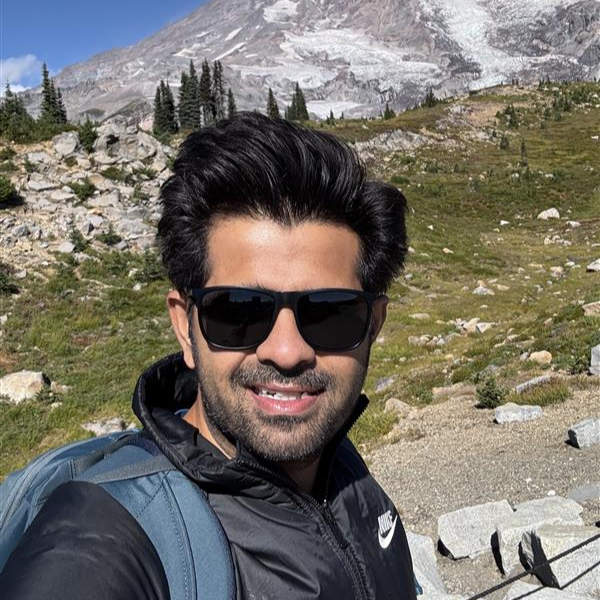


Welcome to The Autonomy Lab at the Florida Institute of Technology. We are developing cutting-edge tools to achieve higher level of autonomy for aerospace systems. The lab is led by Dr. Madhur Tiwari.
Welcome to The Autonomy Lab at
Florida Institute of Technology

Landing on Enceladus
We are developing cutting-edge tools to achieve higher level of autonomy for aerospace systems. The lab is led by Dr. Madhur Tiwari. Our research is motivated by the prospect of what intelligent machines can achieve in the future.
Our collective goal as a team is to achieve fully autonomous systems that do not rely on the traditional sensor-decision-act pipeline. We are currently focusing on developing data-driven techniques that can bring us closer to achieving full autonomy in aerospace systems.
We are still in the early stage of building this lab and the team. In the meantime, please check out our research work and don't hesitate to contact us.
Projects Currently Underway

We are working with machine learning based methodologies to develop data-driven system identification and control techniques with applications to aerospace systems such as UAVs and spacecrafts. Our approach lets us linearize highly non-linear dynamical systems and thus provide a robust linearization scheme compared to traditional techniques such as Taylor series expansion.
Data-Driven Linear Representations and System ID
1.

We have designed several adaptive and optimal control techniques for close proximity operations near asteroids. We are currently working designing navigation and path planning techniques for spacecraft swarms near asteroids.
Computer Vision &
Navigation
2.
Experimental Testbed For Multi-Agent
System
3.
The experimental team is working towards the development and operation of a set of simulated and real-world testing platforms for the testing and demonstration of newly created control systems from the Autonomy Lab. These tools include the use of simulation environments such as Gazebo that allow for the testing of experimental algorithms designs in a digital environment. In addition to these simulation tools, the use of quadcopter hardware like the ModalAI Voxl m500 allows the team to test experimental code in a real-world environment using camera based, GPS-denied navigation, tracking, and object avoidance. The experimental team serves as the bridge between the theoretical and practical environments of the autonomous systems designs being created by the Autonomy Lab team.
Spacecraft Dynamics Control Near
Asteroids
4
We have designed several adaptive and optimal control techniques for close proximity operations near asteroids. We are currently working designing navigation and path planning techniques for spacecraft swarms near asteroids.
Madhur Tiwari
Assistant Professor
Dr. Madhur Tiwari is the Lab Director and Assistant Professor of Aerospace Engineering at Florida Institute of Technology. He specializes in Robotics, Machine Learning and control for Aerospace Systems.
Currently, he is teaching Spaceflight Mechanics and Modern Control Theory at Florida Institute of Technology.

OUR TEAM
.png)
Patrick Quinn
End - to - End control theory and Safety
_edited.jpg)
George Nehma
Deep learning Koopman operator theory for linearization and optimal control of nonlinear dynamical systems
_edited_edited.jpg)
Jake Huber
3D reconstruction of space bodies using machine learning

Prenith Reddy
End - to - End control theory and Safety

Veronica Sergeeva

Elizabeth Beraducci

Dina Abaza

Likith Reddy Swamireddy
Astrodynamics and Spacecraft Control

Anusha Sharma Malladi
_edited.jpg)
Trupti Mahendrakar (Alumni)
_edited_edited.jpg)
Karmonchat Loetchanwiwat (Alumni)

Khalid Jebari (Alumni)

Samuel Thomas Lovelace (Alumni)

Dennis Moreno (Alumni)
Follow us on Linkedin for the latest news and stay engaged with our website community!



